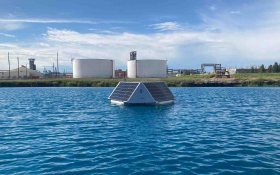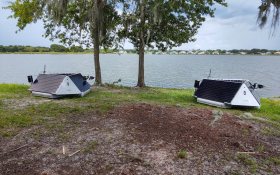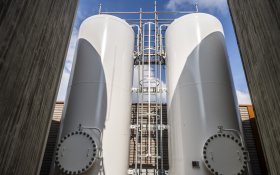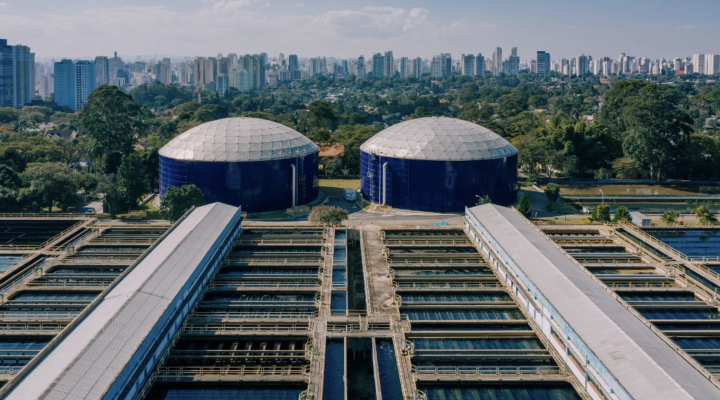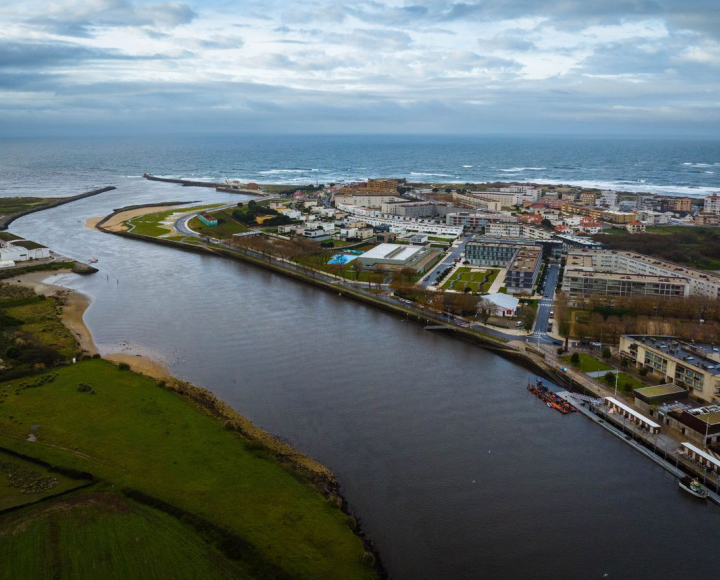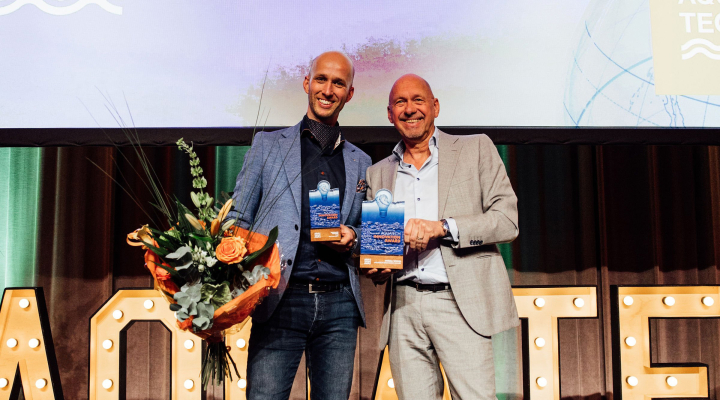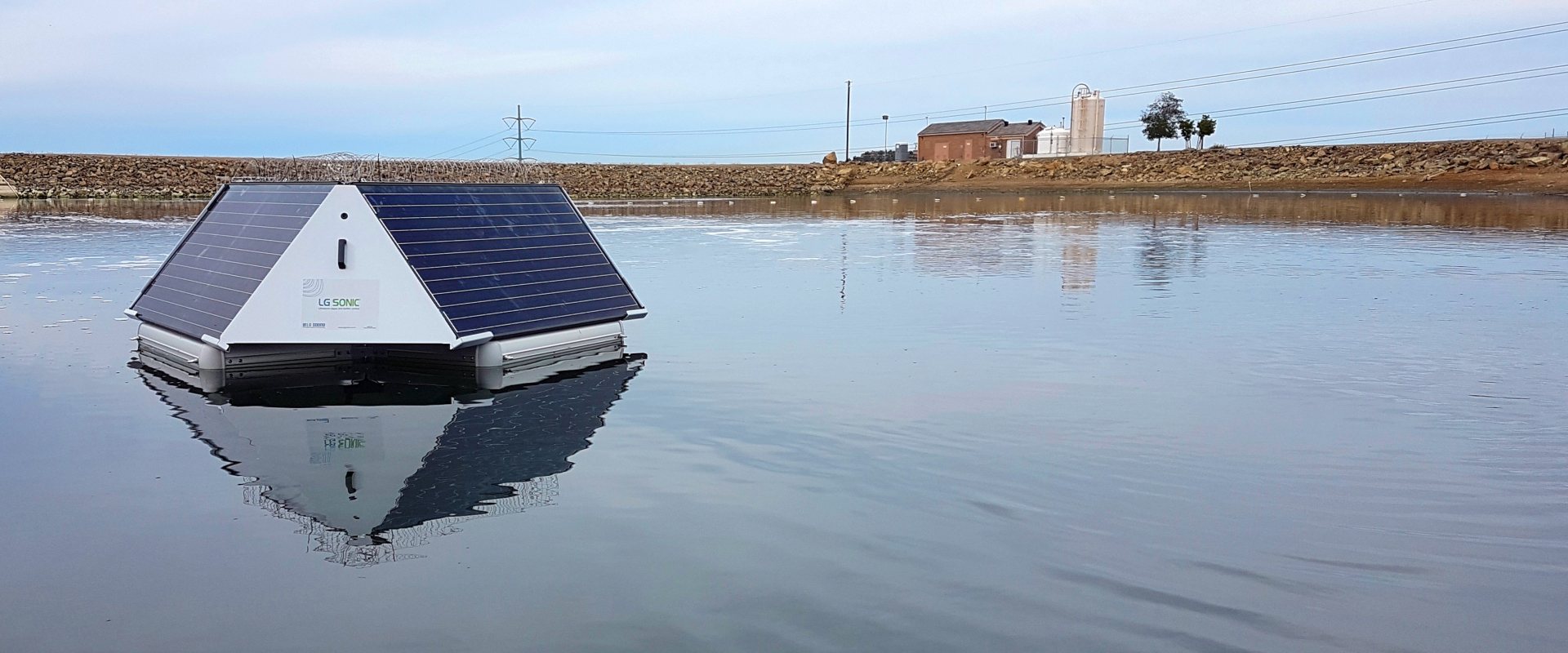
Florida and LG Sonic explore cooperation on algal problems
Florida (USA) is investigating the use of LG Sonic's technology to reduce the impact of algal blooms in Lake Okeechobee on Florida's waterways. Last year, a state of emergency was declared in several counties following severe algal blooms throughout Florida.
Severe algal blooms
For many years, Lake Okeechobee has suffered from severe algal blooms, impacting not only the lake itself, but also waterways throughout the state.
Commissioner Brian Hamman of Lee County would like LG Sonic to handle algal problems in the state of Florida. Lisa Brand, CTO at LG Sonic, was invited by the City of Miami to present their algal bloom solution at the Smart Cities event in Fort Lauderdale, earlier this year. During the event, challenges and solutions to issues of resilience, climate change, stormwater management, and harmful algal blooms were discussed.
Sound waves
The sound waves developed by LG Sonic target and neutralize algae, preventing them from growing and evolving into blooms. These sound waves are harmless to humans, fish, and other aquatic life. For different algal types, such as cyanobacteria, LG Sonic produces a specific ‘song’ to target the algae and prevent the development of algal resistance to ultrasound.
Big data
By using real-time water quality monitoring and satellite data, LG Sonic is able to predict algal blooms. This allows the ultrasound technology to neutralize algae before they become a problem. By compiling data from LG Sonic's systems all over the world, the company has built a database of algae and water quality data that enhances the treatment precision for each algal at the right time.
LG Sonic's MPC technology is already being used in more than 22 countries worldwide, including the USA, New Zealand, Dubai and the UK. The technology has helped American Water successfully control algal blooms and eliminate chemical usage for their drinking water reservoir in New Jersey.




